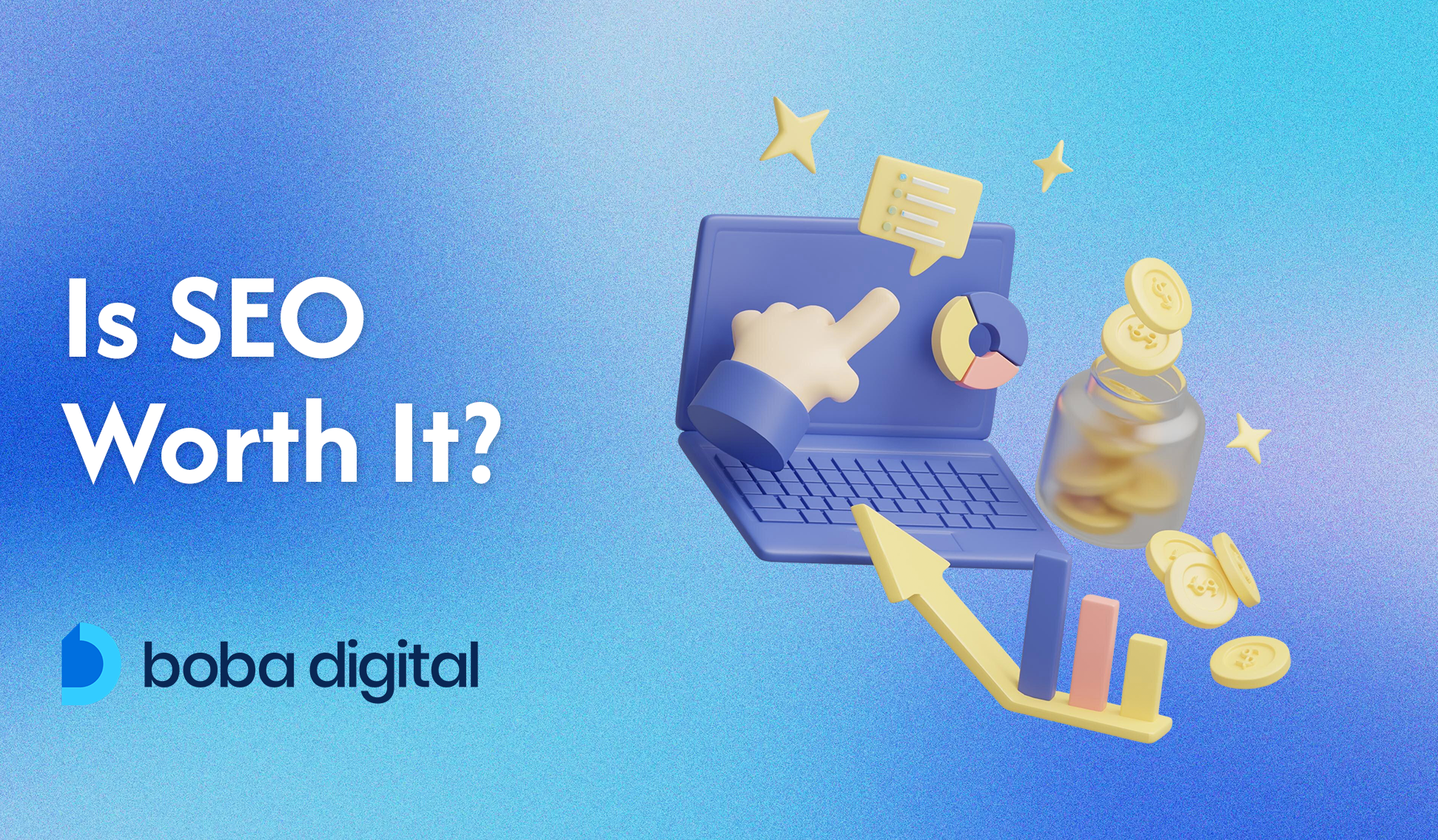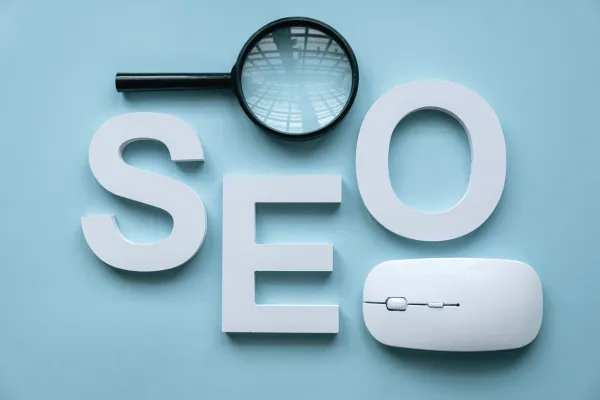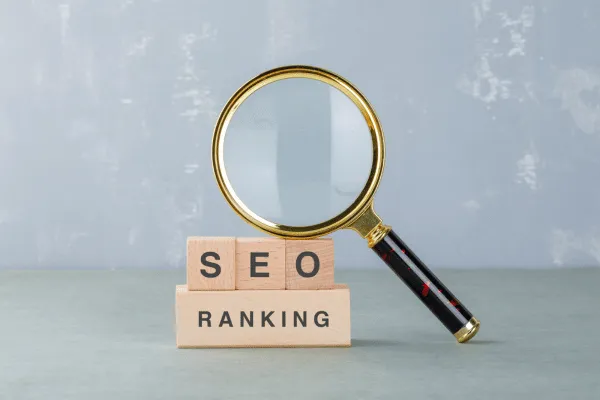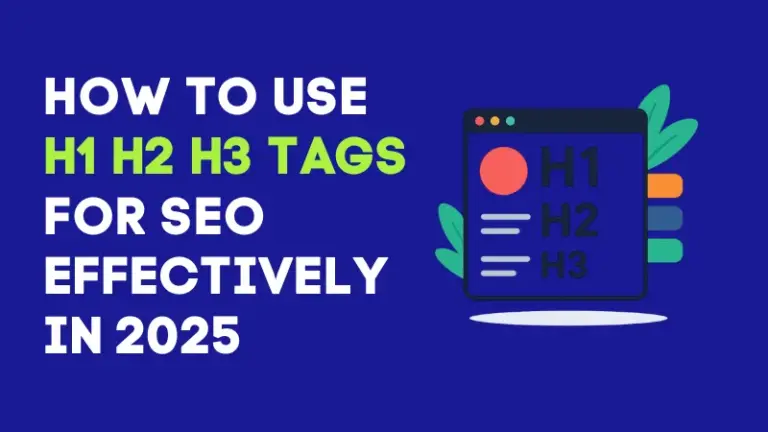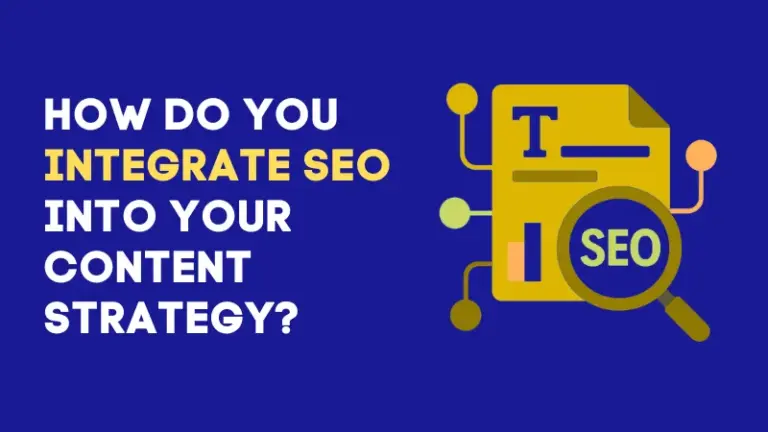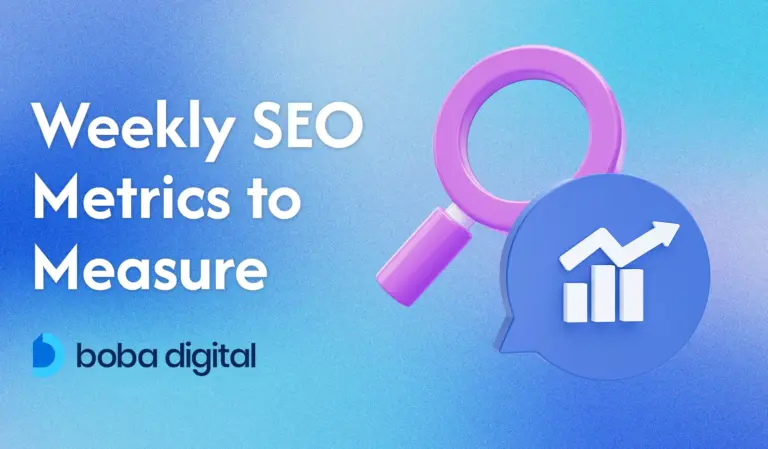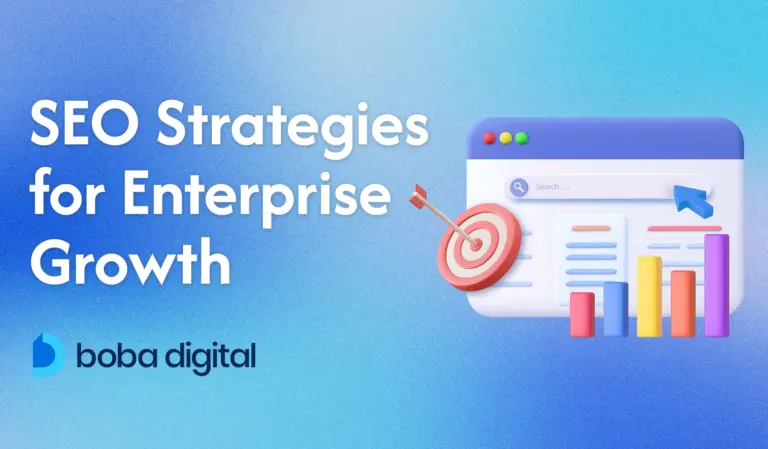Is SEO Worth It? – Investment or Waste of Money? Find Out!
Search engine optimization (SEO) has long been a cornerstone of digital marketing, helping businesses increase website traffic, improve brand visibility, and drive revenue.
As search engines continue evolving with AI-driven updates and changing user behaviors, the value of SEO remains undeniable. In 2025, businesses must adapt to new SEO strategies, including hyperlocal optimization and AI-powered search algorithms, to stay competitive.
With more consumers relying on Google search results to find products and services, businesses must invest in SEO strategies that enhance their online visibility. A well-structured SEO plan ensures that your brand stands out in an increasingly digital world, attracting potential customers and improving conversions.
So, is SEO worth it? This article explores the benefits, costs, and long-term impact of SEO to help business owners decide whether investing in SEO aligns with their growth goals.
What is SEO?
Search Engine Optimization (SEO) is the practice of improving a website’s visibility on search engines like Google, Bing, and Yahoo. It involves refining various elements of a site to help it rank higher in search results, ultimately attracting organic search traffic—visitors who find your website without clicking on paid ads.
SEO is a combination of multiple strategies that work together to improve a site’s search engine rankings and online visibility:
- On-Page Optimization – This includes keyword research, optimizing meta tags, structuring content properly, and ensuring that pages provide valuable content that aligns with search queries.
- Off-Page Strategies – Activities like backlink building, social media engagement, and brand mentions help establish credibility and improve a site’s authority.
- Technical SEO – Covers the technical aspects of a website, such as improving site speed, ensuring mobile-friendliness, enhancing web development, and using structured data to help search engines understand content better.
SEO is evolving rapidly. Some of the latest trends include:
- AI-driven search algorithms that personalize results based on user behavior.
- User intent optimization, focusing on what searchers truly want rather than just keywords.
- E-E-A-T (Experience, Expertise, Authoritativeness, Trustworthiness) as a ranking factor, ensuring businesses with strong credibility perform better in search engine results pages (SERPs).
SEO helps businesses attract potential customers and drive conversions by improving search rankings.
For example, an online clothing retailer looking to boost winter jacket sales can use SEO techniques like targeting keywords such as “best winter jackets”, optimizing product pages with detailed descriptions and high-quality images, and building backlinks from fashion blogs. These strategies enhance online visibility, increase organic traffic, and ultimately lead to more sales.
Is SEO Worth the Investment?
For most businesses, the answer is a resounding yes. Statistics show that 4 in 5 consumers use search engines to find local information, and 76% of people who search for something nearby on their smartphones visit a business within a day. Even more compelling, 28% of local searches lead to a purchase.
Despite these benefits, many businesses hesitate to invest in SEO services due to the upfront SEO cost and the time required to see results. Unlike paid advertising, which delivers immediate traffic, SEO is a long-term investment that builds organic traffic and brand authority over time.
On average, SEO campaigns cost between $1,500 and $5,000 per month, depending on business size and industry competition. Local SEO campaigns are more affordable, typically ranging from $300 to $2,000 per month, while enterprise-level SEO can exceed these figures.
However, the return on investment (ROI) can be substantial—industries like real estate and finance see ROI rates of 1,389% and 1,031%, respectively. When done right, investing in SEO pays off by delivering more traffic, higher conversion rates, and long-term growth.
The Value Proposition of SEO
Long-Term Benefits
Unlike paid advertising, where traffic stops the moment the budget runs out, SEO efforts continue delivering value long after an SEO campaign ends. By optimizing valuable content, building high-quality backlinks, and improving search engine rankings, businesses create digital assets that drive organic traffic for months or even years.
For example, a well-optimized blog post on search engine optimization trends can rank in Google search results for months, consistently attracting visitors.
Similarly, a business that secures top rankings for high-intent keywords like “best accounting software for small businesses” can continue generating qualified leads without ongoing ad spend.
High ROI
Investing in SEO strategies consistently delivers a high return on investment (ROI) compared to traditional marketing methods. Studies show that 60% of marketers consider SEO and content marketing the top sources for high-quality leads.
SEO focuses on organic search traffic, attracting users who are already interested in a product or service.
The numbers speak for themselves—SEO leads convert at 14.6%, while traditional marketing efforts struggle with an average 1.7% conversion rate. This stark contrast highlights why many businesses prioritize SEO campaigns over paid advertising.
By focusing on target keywords, search engine rankings, and technical SEO, companies can build a sustainable, cost-effective marketing funnel that continuously generates website traffic and qualified leads.
Sustained Organic Traffic
A well-executed SEO strategy ensures that businesses attract high-quality traffic from users who are actively searching for relevant products or services. Unlike paid ads, which generate traffic only while campaigns are running, SEO efforts create a sustainable flow of organic search traffic that continues over time.
By targeting bottom-funnel keywords—such as “buy running shoes online” or “best CRM software for small businesses”—businesses can capture users who are already close to making a purchase decision. This results in higher conversion rates and maximized SEO ROI.
With search engines constantly evolving, SEO service providers focus on optimizing content, search rankings, and technical aspects to keep websites competitive. The result? A steady stream of potential customers without the need for ongoing ad spend, making SEO worth the long-term investment.
Brand Authority & Trust
Ranking at the top of search engine results pages (SERPs) does more than just drive website traffic—it establishes credibility and trust.
When users consistently see your website in Google search results, they naturally perceive your brand as a reputable and authoritative source in its industry. This frequent visibility reinforces brand recognition and builds long-term consumer confidence.
Google prioritizes E-E-A-T (Experience, Expertise, Authoritativeness, and Trustworthiness) to ensure users receive high-quality, reliable content. Businesses that demonstrate expertise and trustworthiness through well-researched, valuable content and SEO strategies are more likely to achieve and maintain higher search rankings.
Factors Influencing SEO’s Effectiveness
Business Model
The impact of SEO strategies varies depending on a business’s industry, offerings, and target audience. Some business models naturally benefit more from SEO efforts, while others require a tailored approach to achieve success.
For instance, e-commerce websites rely heavily on product-focused optimizations, such as targeting transactional keywords, improving product descriptions, and enhancing category pages to appear in search engine results pages (SERPs). These optimizations directly influence search rankings and drive organic search traffic from users ready to purchase.
On the other hand, service-based businesses, such as law firms or marketing agencies, benefit more from content marketing strategies like blog posts, case studies, and location-based local SEO tactics.
Since their audience often conducts in-depth research before making a decision, SEO experts focus on establishing brand authority, improving Google Business Profile visibility, and targeting bottom-funnel search queries to convert leads into clients.
Industry Competition
In highly competitive industries, achieving strong search engine rankings requires a greater investment in SEO strategies, including content creation, backlinks, and technical SEO. Businesses operating in niches like finance, legal services, and e-commerce face intense competition, as many companies are vying for the same search engine results pages (SERPs).
To stand out, businesses must produce high-quality, valuable content that aligns with user search queries and establishes brand authority.
Additionally, acquiring high-authority backlinks from reputable sources strengthens a website’s credibility in search engines like Google. Technical aspects such as site speed, mobile optimization, and structured data also play a crucial role in outperforming competitors.
Content Quality
High-quality content is essential for strong search engine rankings and user engagement. Google search results prioritize content that is informative, relevant, and satisfies user intent, rewarding websites that provide valuable content while penalizing those that publish low-value content or engage in keyword stuffing.
Poor-quality content can hurt SEO efforts by increasing bounce rates, reducing website traffic, and ultimately leading to lower visibility in search results pages. To maintain authority, businesses should adopt a consistent publication schedule, ensuring their content remains fresh, relevant, and aligned with evolving search engine algorithms.
When SEO Might Not Be Worth It
While SEO strategies offer long-term benefits, there are cases where investing in SEO services may not deliver significant returns:
- Businesses Needing Quick Results – SEO efforts take time to gain traction, often requiring months to see measurable improvements in search rankings and organic traffic. Startups or businesses running short-term campaigns may find paid advertising more effective for immediate sales and visibility.
- Extremely Niche Markets with Low Search Volume – If a business operates in a highly specialized field with minimal search queries, investing heavily in SEO techniques may not generate enough website traffic to justify the cost. In such cases, direct outreach, networking, or paid ads might be more beneficial.
- Limited Budgets – Effective SEO campaigns require consistent content marketing, technical SEO improvements, and backlink building, all of which demand ongoing investment. Businesses with tight budgets may struggle to maintain the long-term commitment necessary to see SEO results.
Common Questions and Objections About SEO
Concern #1: Is SEO Too Expensive?
The cost of SEO services varies based on the campaign’s scope and competition level. Local SEO campaigns typically range from $500 to $2,000 per month, while global SEO efforts can cost anywhere from $2,000 to $10,000 or more, depending on market reach and competition.
While these figures may seem high, investing in SEO is not just an expense—it’s a long-term strategy that delivers sustained organic traffic, higher conversion rates, and strong brand visibility over time.
For businesses with limited SEO budgets, DIY strategies can be an option, such as content marketing, optimizing Google Business Profile, and using SEO tools for keyword tracking.
However, SEO experts caution that low-quality or improper implementation—like keyword stuffing, poor technical SEO, or weak backlink strategies—can harm rankings rather than help. While managing SEO in-house can reduce costs upfront, partnering with a reputable SEO provider ensures effective, long-lasting results that drive business growth.
Concern #2: Does SEO Take Too Long to Show Results?
It’s true that SEO efforts take time to produce noticeable results—typically 6 to 12 months—but the timeframe depends on factors like industry competition, website authority, and the quality of the site’s existing SEO foundation.
Businesses in competitive industries or those starting from scratch may need more time to climb search rankings, while those with an established online presence may see improvements sooner.
Unlike paid ads, which generate immediate but short-lived traffic, SEO strategies build sustainable organic traffic that continues to drive results long after the initial investment. Once a website gains momentum, it can attract potential customers and generate website traffic consistently without ongoing ad spend.
While SEO requires patience and commitment, the long-term benefits—higher search engine rankings, increased brand authority, and greater ROI—far outweigh the initial delay.
Concern #3: Is SEO Dead Because of AI?
The rise of AI-driven search engines has led to speculation that SEO is becoming obsolete, but this couldn’t be further from the truth.
While AI models like ChatGPT, Copilot, and Gemini are reshaping how people find information, they still rely on traditional search engines to source their data. This means that SEO strategies—such as high-quality content creation, keyword research, and technical SEO—remain critical for businesses looking to rank in search results.
In fact, AI enhances search algorithms, making content relevance, user experience, and brand authority more important than ever.
As search engines prioritize E-E-A-T (Experience, Expertise, Authoritativeness, and Trustworthiness), earned media placements, high-quality backlinks, and traditional PR strategies in tier-one publications will become even more valuable. Businesses that invest in SEO service providers and focus on valuable content will continue to see long-term SEO results, regardless of AI advancements.
Concern #4: Is SEO Too Competitive to Succeed?
While SEO industry competition is fierce, smaller businesses can still succeed by focusing on niche keywords and local SEO rather than competing for broad, high-volume search terms dominated by larger companies.
Instead of targeting generic keywords like “best running shoes,” a local shoe store could optimize for long-tail keywords like “best trail running shoes in Austin” to attract local searches and reach potential customers actively looking for nearby options.
Optimizing Google Business Profile, leveraging content marketing strategies, and building local backlinks can significantly improve search rankings without requiring a massive budget.
By focusing on high-intent search queries and tailoring SEO strategies to their audience, smaller businesses can effectively compete with industry giants and drive meaningful organic search traffic to their websites.
Concern #5: Can I Do SEO Myself? Why Is Quality Advice Hard to Find?
Many business owners wonder if they can manage SEO on their own, and while DIY SEO is possible, it comes with significant challenges. The cost of essential SEO tools like ahrefs, Semrush, Screaming Frog, rank tracker, and instantly for outreach can exceed $400 per month, not including SEO courses or training to close the knowledge gap.
More importantly, SEO requires expertise—trial and error can lead to missed opportunities, ranking drops, or even penalties from search engine algorithms due to improper implementation.
Another major issue is the overwhelming amount of SEO advice available online. With search engine optimization constantly evolving, relying on outdated or unverified sources can do more harm than good. SEO service providers stay updated on algorithm changes, best practices, and SEO techniques to ensure businesses get the best results without wasting marketing dollars on ineffective strategies.
While DIY SEO may seem cost-effective initially, the hidden costs of time, effort, and potential mistakes often outweigh the benefits of working with SEO experts.
Concern #6: Is SEO Too Much to Manage on My Own?
SEO involves much more than just adding keywords to a webpage. Managing SEO effectively requires handling multiple components, including SEO & technical audits, keyword research, content creation, on-page optimization, and link building—all of which demand time, expertise, and consistency.
While business owners can manage the basics of SEO, such as setting up a Google Business Profile or optimizing meta descriptions, more complex websites with large amounts of content require technical SEO expertise. Issues like site speed optimization, structured data, and backlink strategy can make or break a website’s search rankings.
If you’re struggling to balance SEO with running your business, working with an SEO agency or in-house SEO specialist can help ensure that SEO campaigns are executed efficiently, allowing you to focus on your core business operations while still reaping the benefits of organic search traffic and improved search engine results pages (SERPs) rankings.
Conclusion: Is SEO Worth It for Your Business?
When approached strategically, SEO remains one of the most effective digital marketing investments for businesses looking to grow their online visibility, attract organic search traffic, and generate long-term revenue.
While SEO campaigns require time and commitment, the high ROI, improved search engine rankings, and ability to reach potential customers make it a smart choice for most businesses. However, for companies needing immediate results, operating in ultra-niche markets, or lacking the budget for long-term investment, SEO might not always be the best fit.
If you’re ready to invest in SEO services that drive real results, Boba Digital can help. Our team of SEO experts specializes in crafting data-driven SEO strategies that maximize your marketing dollars and put your brand at the top of Google search results. Contact Boba Digital today to start building an SEO strategy that delivers sustainable growth for your business!
FAQs
Is SEO worth it for small businesses?
Yes! SEO is worth the investment for small businesses because it helps improve online visibility, attract local searches, and drive organic search traffic without relying on paid ads. With local SEO strategies like optimizing Google Business Profile, targeting location-based keywords, and earning local backlinks, small businesses can compete effectively against larger brands in their area.
Can AI replace SEO efforts?
No. While AI-driven search algorithms are changing how search engines rank content, they still rely on quality content, keyword optimization, and backlinks—all core elements of SEO strategies. AI tools like ChatGPT, Copilot, and Gemini still pull data from search engines, meaning SEO efforts remain essential for businesses looking to stay visible in search engine results pages (SERPs).
Does SEO work for competitive industries?
Absolutely! However, highly competitive industries require a more aggressive SEO strategy, including valuable content creation, technical SEO, and strong backlink acquisition. Instead of competing for broad, high-competition keywords, businesses can target niche keywords and long-tail search queries to gain an edge over larger competitors.
Is it possible to do effective SEO without spending money?
Some SEO techniques can be implemented for free, like optimizing content, using Google Analytics for insights, and improving site speed. But managing SEO effectively requires SEO tools, consistent content updates, and link-building efforts, which often demand time, expertise, and investment. DIY SEO can be effective for small-scale efforts, but for long-term growth, working with an SEO service provider ensures better results.
What is the ROI of investing in SEO?
SEO remains one of the highest-ROI digital marketing strategies. Businesses see an average conversion rate of 14.6% from organic traffic, compared to just 1.7% from traditional marketing. Some industries, like real estate and finance, report ROI rates exceeding 1,000%, proving that SEO dollars spent wisely can generate long-term, sustainable business growth.

